May 29, 2025 | 15:27 GMT +7
May 29, 2025 | 15:27 GMT +7
Hotline: 0913.378.918
May 29, 2025 | 15:27 GMT +7
Hotline: 0913.378.918
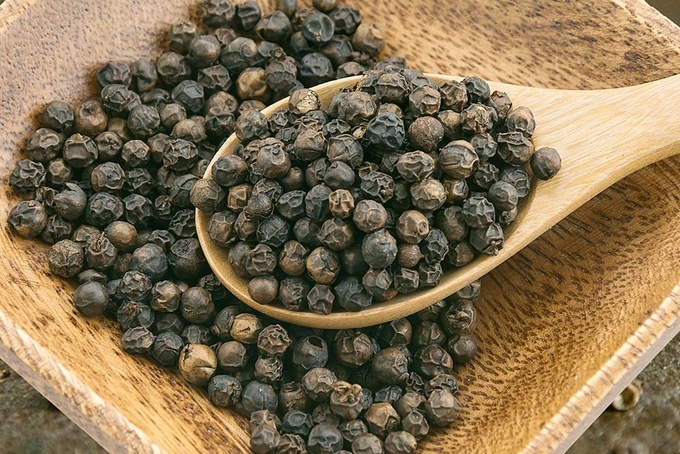
Latest domestic and global pepper prices on 11/05/2024
In the global market, pepper prices on November 5 continue to show a slight decline in Indonesia.
Accordingly, the price of Lampung black pepper in Indonesia decreased by 0.18%, down to $ 6,671/ton. Meanwhile, the price of Muntok white pepper from the country decreased slightly by 0.19%, at $ 9,133/ton.
The price of Kuching ASTA black pepper in Malaysia is at $ 8,500/ton; while the ASTA white pepper from this country is priced at $ 11,000/ton.
For the Brazilian market, the price of ASTA 570 black pepper is trading around $ 6,400/ton.
In Vietnam, export prices for black pepper of 500 g/l are trading at $ 6,500/ton; while for 550 g/l, the price is $ 6,800/ton. The price of white pepper for export is $ 9,500/ton.
The global price of pepper today continues to show a slight decline in Indonesia but remains stable in other markets.
Thus, the global price of pepper on 11/05/2024 continues to decrease in Indonesia compared to yesterday.
In the domestic market, the price of pepper on November 5 has not changed compared to yesterday.
Specifically, Dak Lak is still purchasing pepper at VND 141,000/kg;
The price of pepper in Dak Nong today remains at VND 141,000/kg;
The price of pepper in Gia Lai today is maintained at VND 140,000/kg;
Similarly, traders in Dong Nai are buying pepper at VND 140,000/kg;
The price of pepper in Ba Ria - Vung Tau is still trading at VND 141,000/kg;
Traders in Binh Phuoc are dealing in pepper at the price of VND 140,000/kg.
The domestic price of pepper today remains stable, with the highest level at VND 141,000/kg.
Thus, the domestic price of pepper on 11/05/2024 is trading around VND 140,000 - 141,000/kg.
$ 1 = VND 25.130 - Source: Vietcombank.
Translated by Hoang Duy
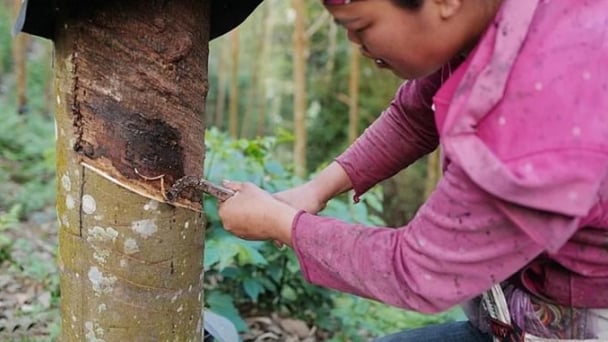
(VAN) Rubber prices on May 28, 2025 are maintaining an upward trend. Domestic latex prices remain stable, trading in the range of VND 397 to VND 462/TSC.
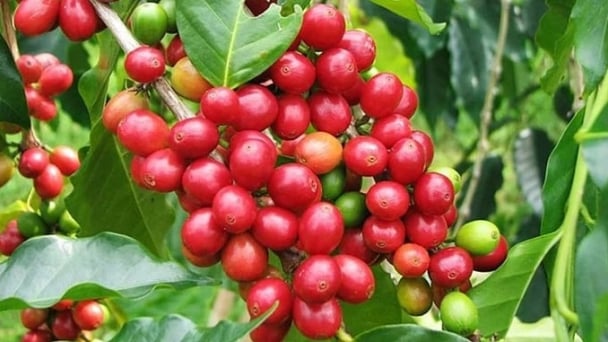
(VAN) Coffee prices on May 28, 2025, show mixed movements. Domestically, prices dropped sharply by VND 1,600, trading at VND 121,700 – VND 122,200/kg.

(VAN) Pepper prices on May 28, 2025, remained unchanged globally. Domestic pepper prices have increased by VND 1,500, trading at VND 147,000 – VND 148,000/kg.
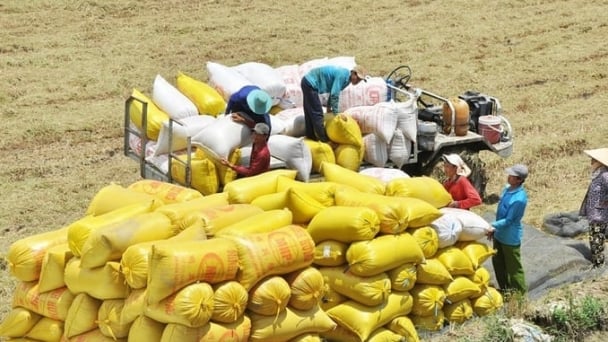
(VAN) Rice prices on May 27, 2025, show no new changes for both paddy and milled rice. Meanwhile, Vietnam’s export rice prices continue to remain flat.
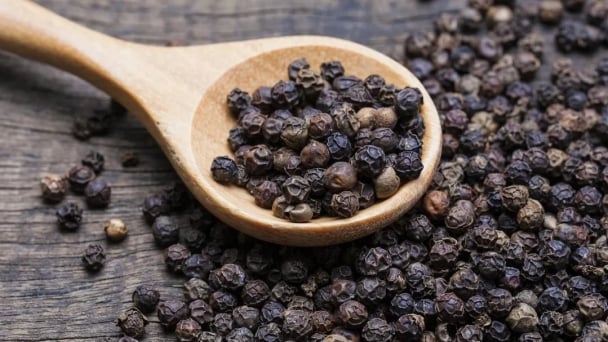
(VAN) Pepper prices on May 27, 2025, recorded a slight increase in Indonesia, while domestic prices remain stable, trading at VND 146,000 to VND 147,000/kg.

(VAN) Rubber prices on May 27, 2025, are fluctuating sharply today. Domestic latex prices continue to trade around the range of VND 397 to VND 462/TSC.
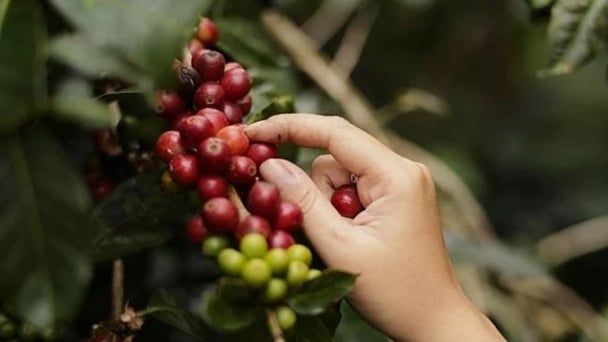
(VAN) Coffee prices on May 27, 2025, continue to remain flat. Domestic coffee market is still trading around the range of VND 122,000 to VND 122,500/kg.